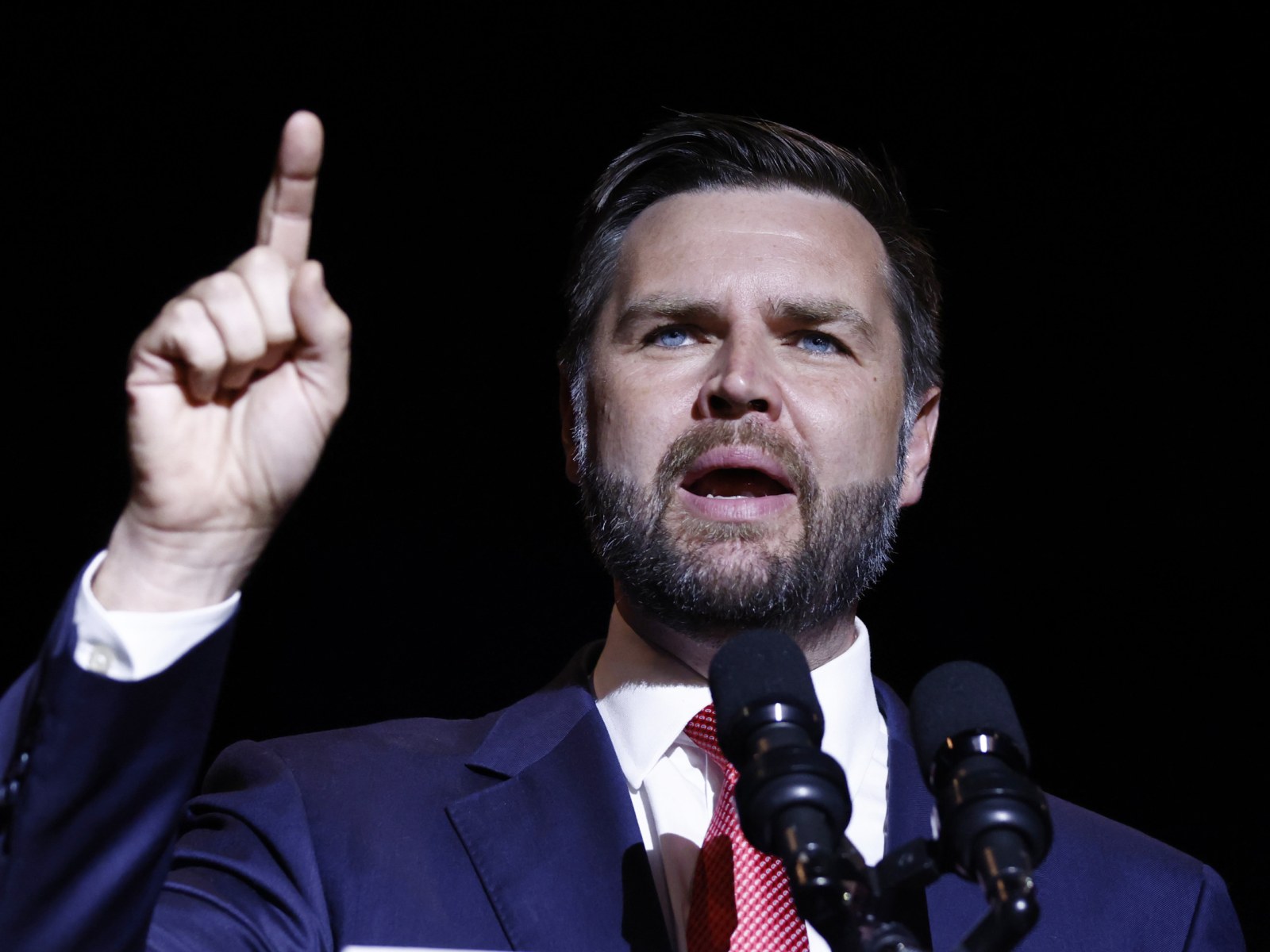Donald Trump’s presidential campaign is focusing on Minnesota Gov. Tim Walz’s decision to leave the Army National Guard two decades ago as a potential weakness, particularly emphasizing the timing of his departure.
Walz, who has been chosen as Vice President Kamala Harris’ running mate, ended his 24-year military career in 2005 to run for Congress, just months before his unit was deployed to Iraq. This decision has drawn criticism from Trump’s campaign and allies, who argue that Walz abandoned his unit during a critical time.
Senator JD Vance, Trump’s running mate, has been vocal in criticizing Walz, stating that it was dishonorable for Walz to prepare his unit for deployment only to step away before they went to combat.
Vance’s comments echo the strategy used by Republicans in 2004 when they targeted Democratic presidential nominee John Kerry’s military record. Trump amplified this attack by calling Walz a “DISGRACE” on social media, with his campaign signaling a willingness to revive the tactics used against Kerry.

JD Vance
Chris LaCivita, a senior adviser to Trump’s campaign who was involved in the Swift Boat Veterans for Truth campaign against Kerry, has also criticized Walz on social media, accusing him of deserting his men for political ambitions.
The Harris campaign, in contrast, has highlighted Walz’s military record as a key strength, framing his decision to enter politics as a continuation of his service to veterans and military families.
Walz’s military service and decision to retire have been subjects of political scrutiny in the past, including during his re-election campaign as Minnesota governor. His campaign has countered criticism by showcasing support from veterans and emphasizing his accomplishments in securing funding for veterans’ services. The Harris campaign has also shared endorsements from veterans who praise Walz’s leadership and advocacy.
The Trump campaign’s focus on Walz’s military record is part of a broader strategy to question his credibility and integrity, similar to the approach taken against John Kerry in 2004.
The controversy over Walz’s military service involves accusations of embellishment and misrepresentation, with Vance and Trump’s spokespersons accusing Walz of lying about his combat experience and weapon use. These accusations are intended to undermine his credibility and position him as untrustworthy.
The Harris campaign has defended Walz, pointing out his long military career and contributions to veterans’ issues. They argue that Walz’s decision to leave the National Guard was motivated by a desire to serve in a different capacity, advocating for service members and veterans in Congress. Despite the attacks, the campaign insists that Walz has always respected and supported those who serve in the military.
The debate over Walz’s military service highlights the ongoing political strategy of attacking opponents’ military records, a tactic with a long history in U.S. politics. While the Trump campaign seeks to paint Walz as a fraud, the Harris campaign is focused on presenting him as a dedicated public servant who has continued to support veterans and military families throughout his political career.























